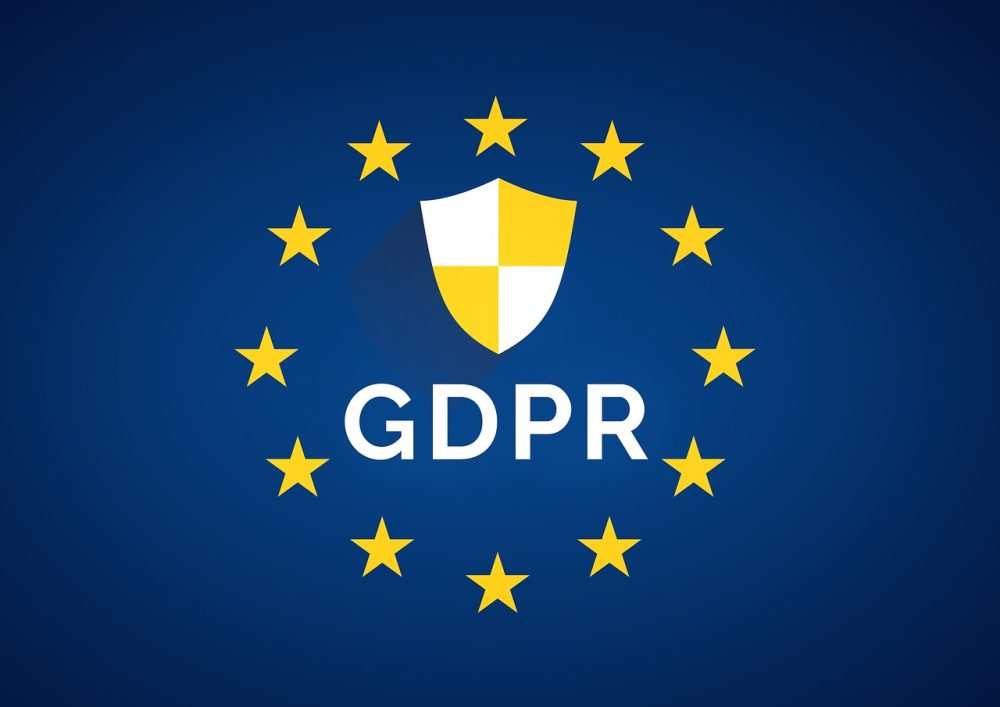Privacy has become one of customers' biggest concerns today, affecting the overall customer experience. Companies typically use various techniques to provide a tailored privacy-focused customer experience, but customers must be willing to share sensitive data or information in exchange.
Companies have traditionally minimized privacy communication with their consumers, believing it could complicate their relationship. However, consumers have a totally different opinion, as research by PwC showed that 70% of consumers say the benefits of sharing their data outweigh the risks.
For a privacy-focused customer experience, getting your customers on board and winning their trust is essential. This includes letting them know what you are doing to protect their data.
This is one way companies can implement a privacy-focused customer experience – adopting policies, practices, and technologies that safeguard customer data and respect their privacy preferences.
In this article, we'll explore some of the best strategies and practices that you should consider to help you implement a privacy-focused customer experience.
How to Implement a Privacy-Focused Customer Experience
Adopt Better Transparency Policies
A privacy-focused customer experience starts with keeping the customer at the heart of the customer experience. In this case, it entails being transparent and straightforward about your data privacy policies and how they affect the customers.
After all, trust is the foundation upon which strong customer experiences and relationships are built. By being transparent with your policies, your customers will feel confident and trust that their personal information is safe in your hands.
A good place to start with transparency policies would be to make all customer documents relating to data privacy clear and fairly easy to understand. Let your customers feel they can always opt out of any data-related activities.
Allow Customers to Access, Correct, and Delete their Data
Granting your customers the ability to access, correct, and delete their data might not just be a legal obligation but a great way to demonstrate respect for their privacy. It also allows them to review information collected about them, understand how it's being used, and verify its accuracy.
For instance, when customers don't want to continue storing their data, they should have the option to request its deletion from the company's systems. Such requests reinforce a privacy-focused customer experience.
Some apps like GDPR Compliance for Zendesk can be handy if you need to quickly and in bulk delete or forget users' data in the Zendesk Support platform. It easily integrates with the system and helps you to save 2-3 hours per week by automatic or bulk data deletion. Also, you can limit the number of agents who have access to users' sensitive data.
Similar to incorporating transparency policies, granting customers access to their data affords you trust and confidence from your customers, enhancing the overall customer experience.
Implementing Strong Data Security Measures
Implementing strong data security and privacy measures is one of the best ways to safeguard and protect your customers' data from unauthorized access. Having these measures in place also evokes trust and confidence from your customers.
Enhancing the customer experience involves beefing up your security policies and practices. Some of the best practices that help companies do this include:
- Encryption techniques: They add an extra layer of security by transforming data into an unreadable format that can only be deciphered with the appropriate decryption key. This ensures that even if unauthorized individuals gain access to the data, they cannot make sense of it without the encryption key.
- Performing regular security and vulnerability assessments: Frequent audits and assessments of your own security are important as they help you find and fix loopholes that hackers and cybercriminals would rather have exploited.
- Encouraging users to use VPNs: VPNs boost online security for customers who love browsing and shopping online. The best VPNs, like Expressvpn, encrypt your internet connection and mask your online identity, making it harder for cybercriminals to intercept this connection and access your data.

Limit Access to Data
Limiting user access to data is a fairly common and effective strategy for a privacy-focused customer experience. It involves restricting the amount of information that a user can access within your company data.
In other words, it involves deciding people who have access to sensitive information and how much access they get to have. As a business looking to adopt a privacy-focused customer experience, deciding who has access to sensitive customer data is important.
By limiting user access, companies can significantly reduce the likelihood of privacy violations, identity theft, or misuse of personal data.
Be Proactive
Most privacy laws give consumers more choice and control over their data. Most companies react to these regulations instead of being proactive to each privacy challenge as they emerge.
But, one of the best strategies for a company looking to implement a privacy-focused customer experience is to be proactive rather than reacting to each privacy challenge or regulation.
Be proactive and create the privacy experience that customers are yearning for in accordance with the regulations, your business needs, and your own capabilities. As a result, you'll be able to reduce compliance costs and increase user trust and confidence.
Besides, focusing on privacy as a regulatory compliance issue instead of a customer experience issue has historically negatively affected the user experience. This shows that being proactive has its perks while being reactive and treating it as a regulatory compliance issue might be disadvantageous for companies.
Prioritize Privacy by Design
'Privacy by Design' is an umbrella phrase encapsulating data protection practices through technology by design.
It is a framework that urges and promotes data protection through the lifecycle of a product or service from the very start rather than implementing these features after the product/service is already in use.
Privacy by design encourages companies and businesses to implement privacy-related measures such as:
- Data minimization involves collecting and storing only necessary sensitive and personal information. It reduces the potential risks that come with data storage.
- Purpose limitation: This ensures that data is collected, stored, and used for specific purposes only. This prevents the misuse of such data.
Companies should be sensitive to Privacy by Design as it can help establish a privacy-centric culture while instilling trust among customers. It also helps with compliance as it inherently incorporates privacy principles and requirements into the design and development processes.
In Conclusion
The customer experience involves how customers think and feel throughout the journey. Customers want assurance that their information is handled responsibly and securely throughout this process. This is essential as it enhances the overall customer experience.
Implementing a privacy-focused customer experience involves:
- Adopting strategies and practices such as adopting transparency policies.
- Limiting access to user data.
- Implementing strong data security measures.
- Prioritizing privacy by design.







